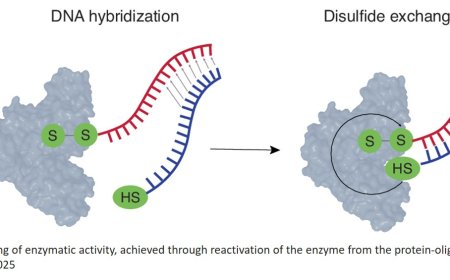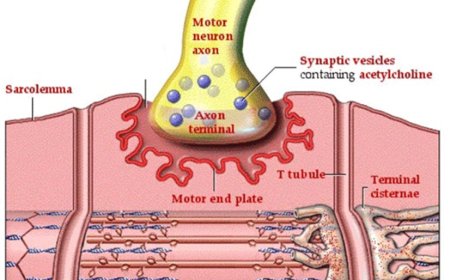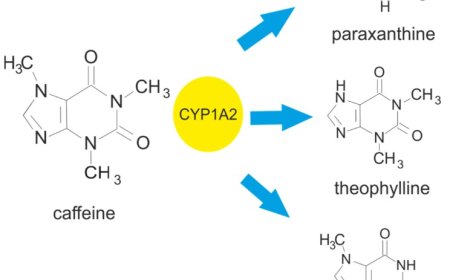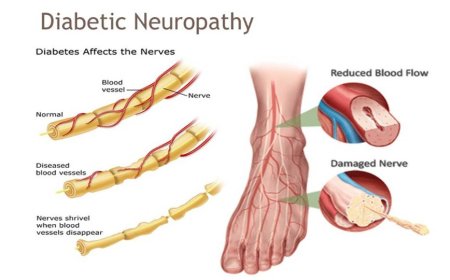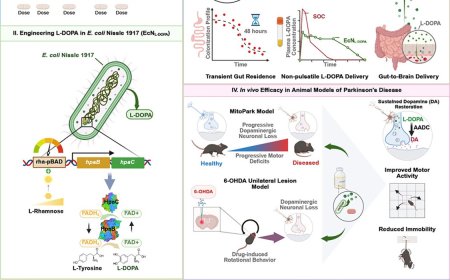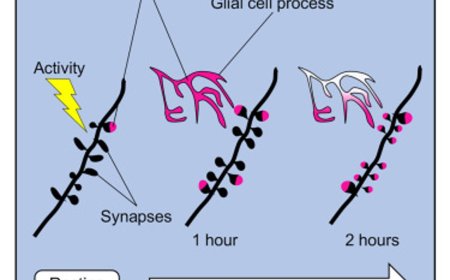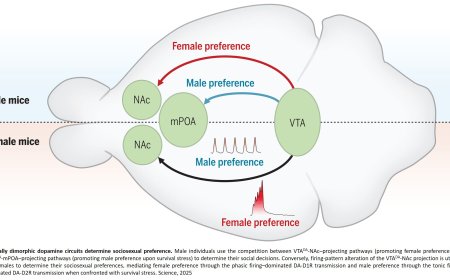Penetrating blood–brain barrier to facilitate biomacromolecule transport

Researchers have developed an innovative approach—demonstrated in mouse models and isolated human brain tissue—to safely and effectively deliver therapeutics into the brain, providing new possibilities for treating a wide range of neurological and psychiatric diseases.
Published in the journal Nature Biotechnology, the study introduces a first-of-its-kind blood-brain barrier-crossing conjugate (BCC) system, designed to overcome the protective barrier that typically blocks large biomolecules from reaching the central nervous system (CNS).
The blood-brain barrier is a natural protective shield that prevents harmful substances from entering the brain. However, it also blocks the delivery of life-saving drugs, creating a significant challenge in treating conditions like amyotrophic lateral sclerosis (ALS), Alzheimer’s disease, addiction, and many other CNS disorders.
The BCC platform takes advantage of a specialized biological process called γ-secretase-mediated transcytosis to deliver large therapeutic molecules, like oligonucleotides and proteins, directly into the brain through a simple intravenous injection.
“The blood-brain barrier is an essential defense mechanism, but it also presents a significant challenge for delivering drugs to the brain,” says co-corresponding senior author. “Our BCC platform breaks this barrier, allowing biomacromolecules, including oligonucleotides, to reach the CNS safely and efficiently.”
The study showed that when the researchers injected a compound called BCC10 linked to specialized genetic tools known as antisense oligonucleotides into mice, it successfully reduced the activity of harmful genes in the brain. In a transgenic mouse model of ALS (a motor neuron disease), the treatment significantly lowered levels of the disease-causing gene called Sod1 and its associated protein. Similarly, a different antisense oligonucleotide linked to BCC10 greatly reduced another gene, Mapt, which encodes the tau protein and is a target for the treatment of Alzheimer’s disease and other dementias.
BCC10 proved to be highly effective at delivering these genetic tools to the brain, improving their ability to silence harmful genes in different models and even in samples of excised human brain tissue studied in the laboratory. Importantly, the treatment was well tolerated in mice, causing little or no damage to major organs at the tested doses, say the investigators.
Despite recent progress in the field, there is still a pressing need for technologies that can bypass the blood-brain barrier and improve the delivery of biomacromolecule-based therapies to the central nervous system via systemic administration.
“Our platform could potentially solve one of the biggest hurdles in brain research—getting large therapeutic molecules past the blood-brain barrier safely and efficiently,” says co-corresponding senior author. “This development has the potential to advance treatments for a broad range of brain diseases.”
Next, the investigators plan to conduct further studies in large animal models to validate the platform and develop its therapeutic potential.
